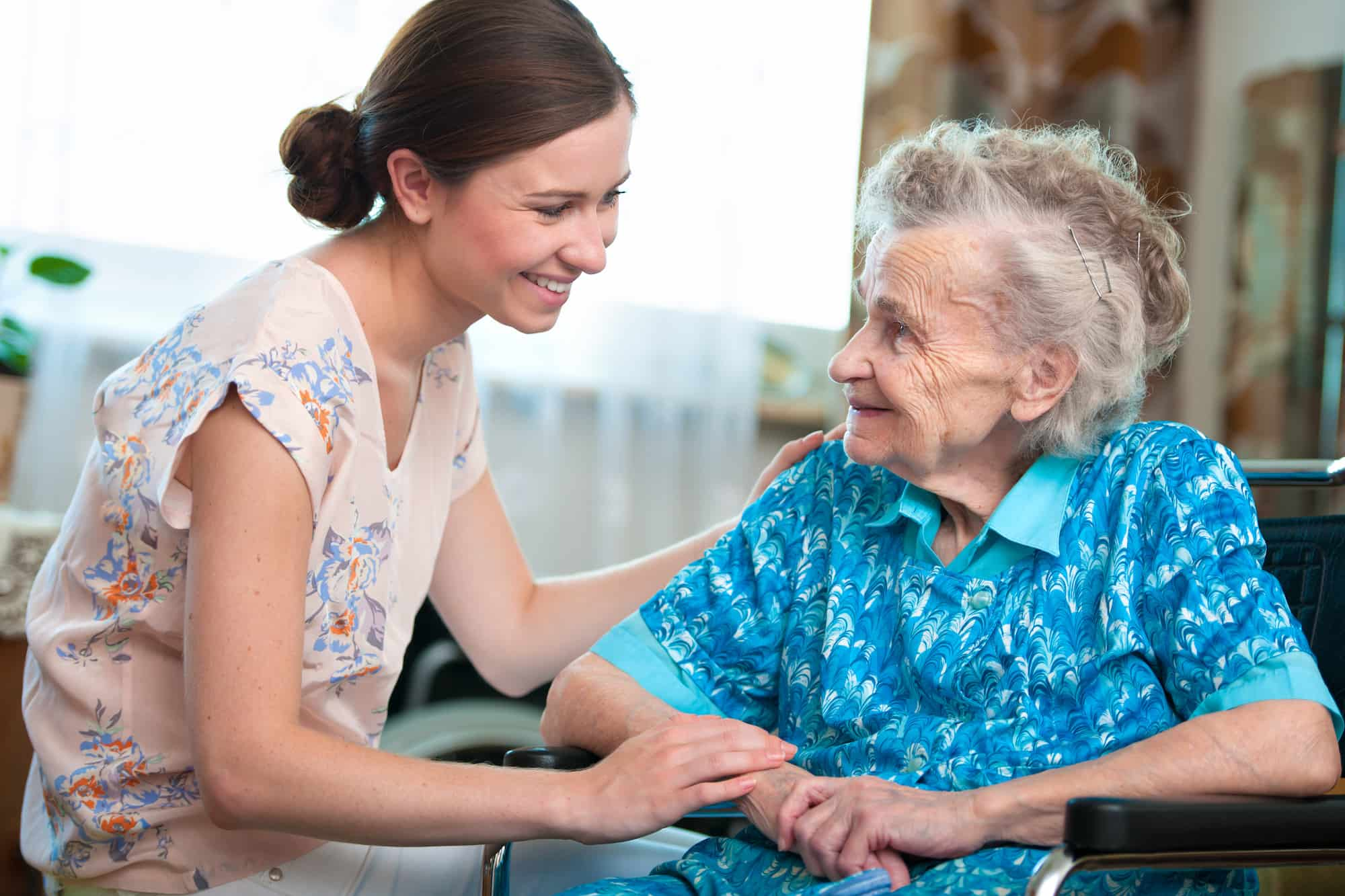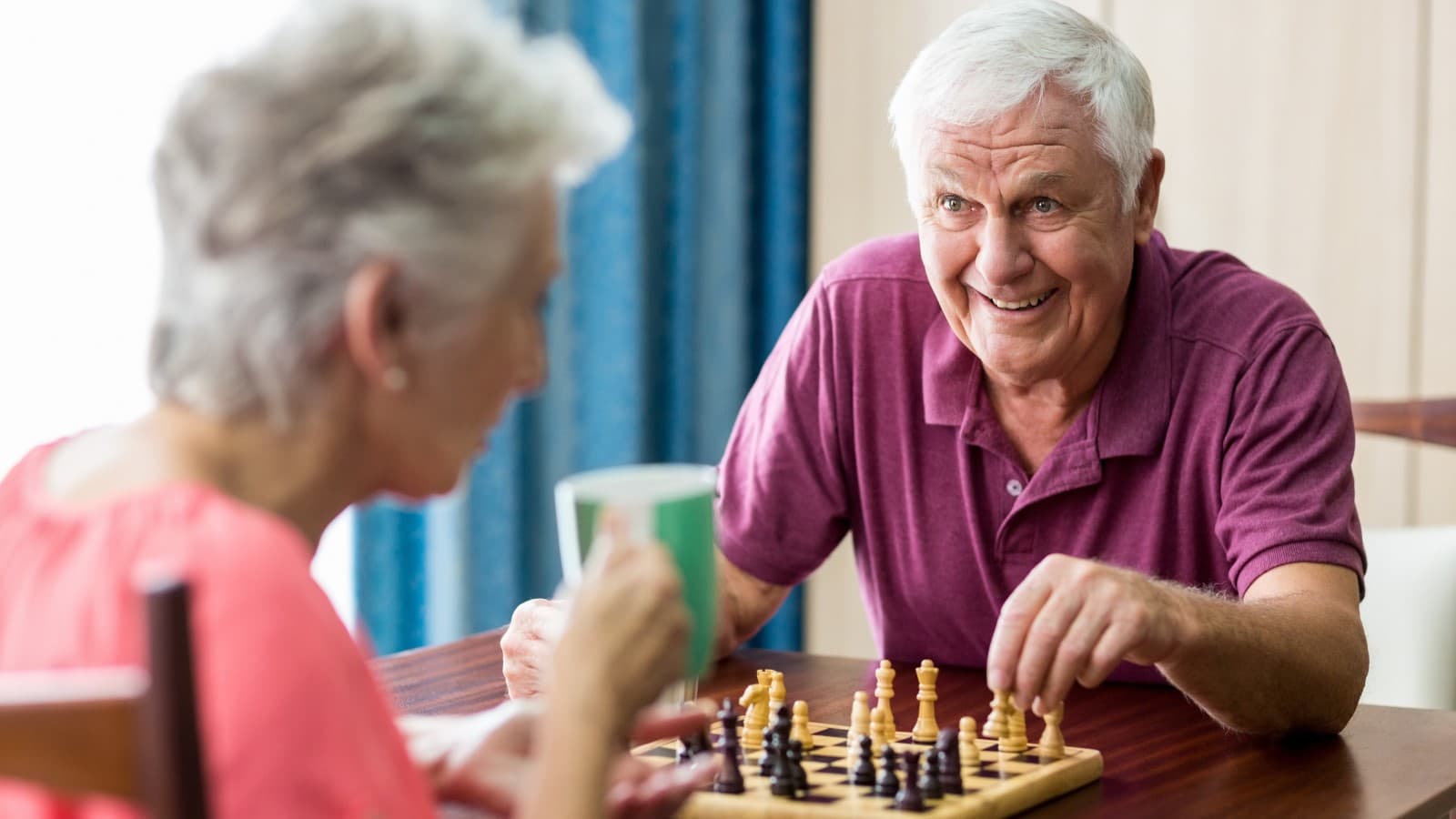Is Dementia Genetic or Hereditary?
There is a genetic link to Alzheimer’s and some dementia-related diseases. However, whether or not a person develops dementia is more complicated than whether or not they carry a specific gene. There are a range of factors, in addition to genetics, that catalyze or activate dementia onset. So, while health professionals may advocate for genetic testing to learn more about your risk, physicians and neurologists acknowledge that lifestyle choices are equally important in minimizing or slowing down dementia onset and progression.







